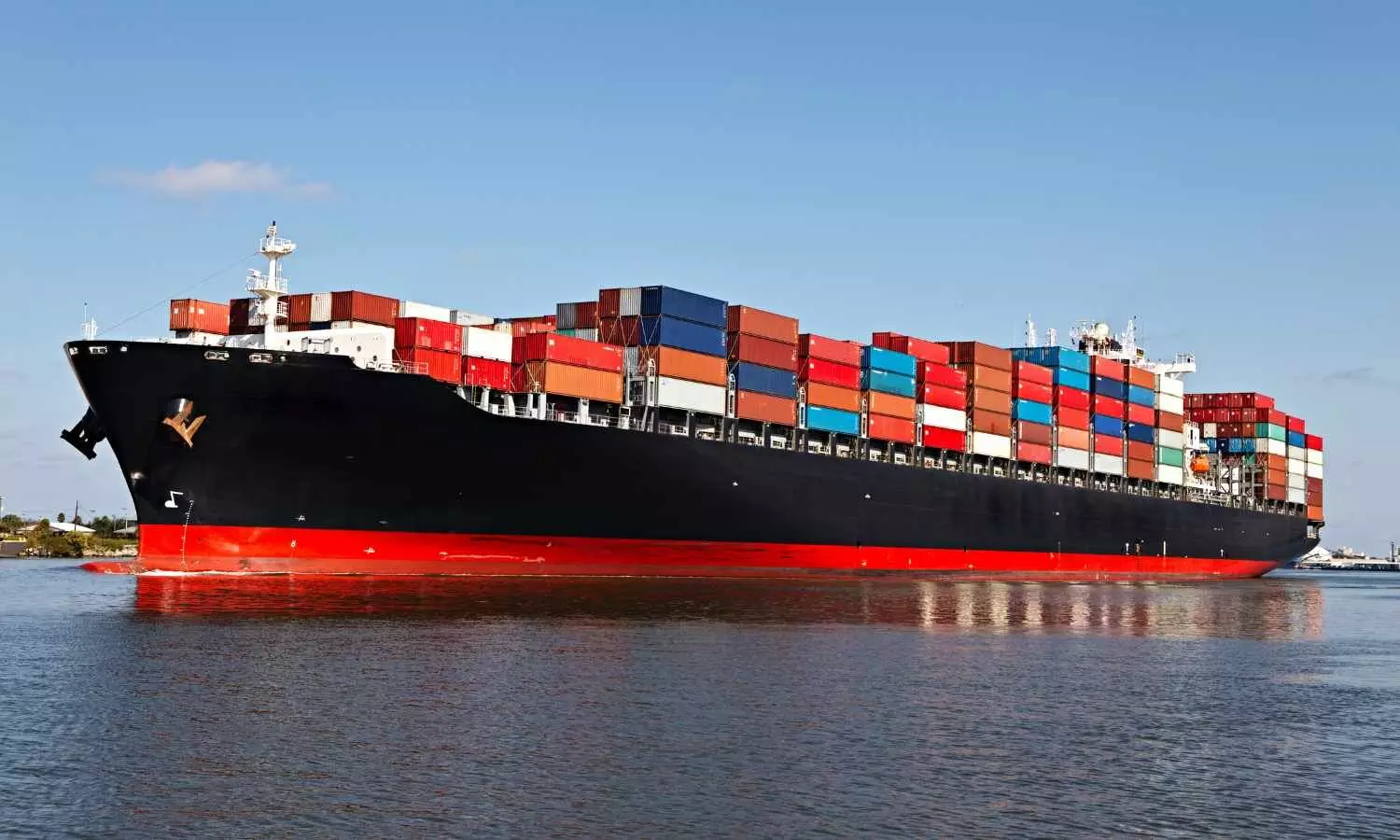Long-term charter contracts to Indian shipping carriers to create 15M jobs
Long-term charter contracts to Indian shipping carriers are expected to create 15 million jobs, boost maritime trade, and strengthen India’s position as a global logistics hub under the government’s port-led development strategy.
Long-term charter contracts to Indian shipping carriers to create 15M jobs

Mumbai, Nov 05
The government’s recent plan to offer long-term charter contracts to Indian shipping carriers marks a major push toward self-reliance in maritime trade and shipbuilding. With an estimated ₹8 trillion in investments and 15 million new jobs by 2047, the sector is set for large-scale transformation.
As India gears up to build and operate more vessels domestically, the sector’s success will depend heavily on developing a skilled and future-ready workforce. The demand for talent in areas like marine engineering, port operations, logistics management, and supply chain efficiency is expected to surge.
Talking to Bizz Buzz, Dr Nipun Sharma, CEO, TeamLease Degree Apprenticeship, says, “The government’s initiative to offer long-term charter contracts to Indian shipping carriers is a game changer for India’s shipbuilding and allied manufacturing ecosystem. The initiative will require the maritime industry to embrace the latest technologies and maintain the highest quality standards for India to emerge as a global shipbuilding hub.”
The potential to create 15 million jobs by 2047, will depend on the industry’s focus on R&D, innovation, and green technology. Skills such as advanced ship design, automation, green propulsion, and precision manufacturing will demand a new generation of skilled professionals. Even traditional roles like welding and electrical work will evolve significantly with the government’s emphasis on sustainability. This calls for a strong upskilling and reskilling framework, supported by structured learning and apprenticeship pathways.
By developing specialised academic programmes for shipbuilding through industry–academia collaboration, India can build a workforce ready to define global standards in quality, sustainability, and technological leadership in shipbuilding.
Akhand Swaroop Pandit, Founder and CEO, Catalyst School of Business says, “India’s maritime vision is finally aligning with its economic destiny. The government’s decision to offer long-term charter contracts to Indian shipping carriers is not just a policy shift, it’s a signal that India intends to own the routes that carry its growth.”
An ₹8 trillion investment backed by a 15-million job opportunity means we’re not just transporting goods; we’re building a nation that commands its own sea lanes, he said.
But the real transformation will come from people from creating an army of skilled professionals who understand marine engineering, logistics, port operations, and global trade efficiency. Infrastructure without talent is just hardware; a skilled workforce makes it a living engine. Institutions, policymakers, and industry leaders must now collaborate to train and empower the next generation of maritime professionals.
This initiative can redefine India’s position in global trade — from a service provider to a maritime superpower. The seas are opening new frontiers for India’s economic independence.
EoM.

